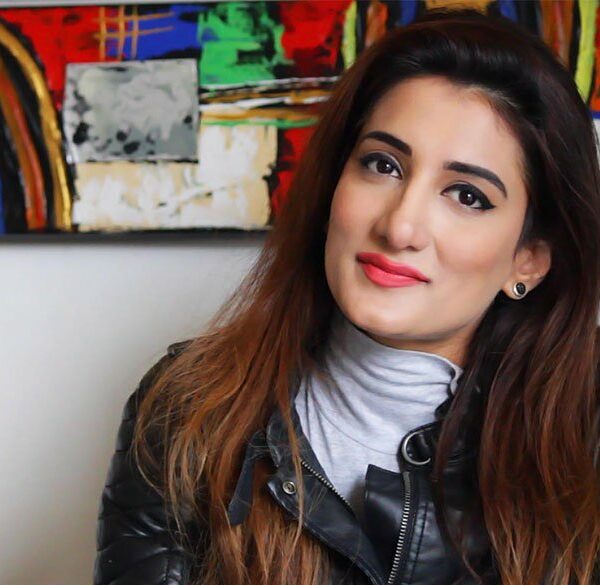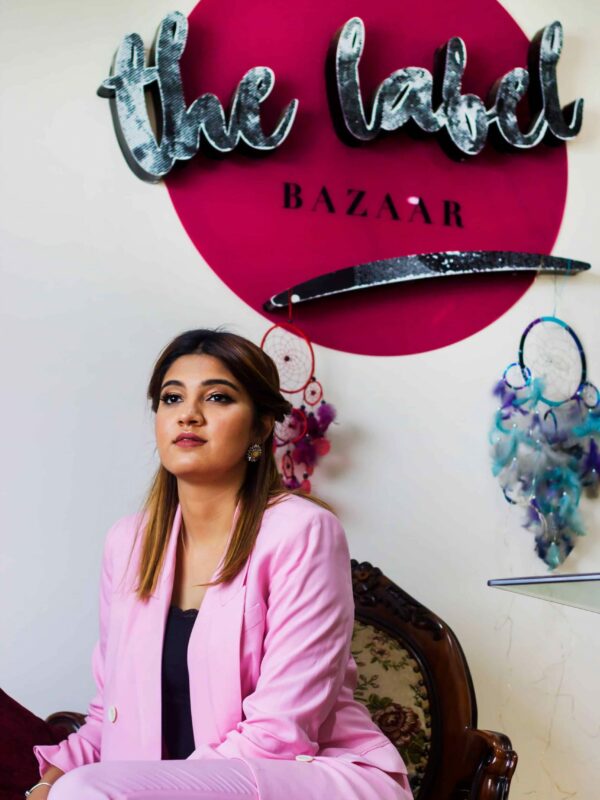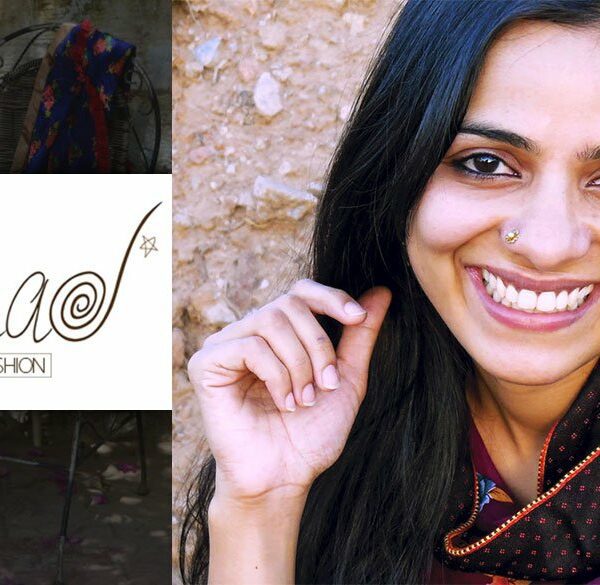In every two hours, a woman dies in India due to unsafe abortion. Every year, approximately 20 million women undergo unsafe abortions. 50% of the abortions in India are illegal. Several cases remain unreported.
Most of these unsafe abortions are performed on married women, who are unable to obtain the right contraceptives. Many women, hailing from economically weaker sections of the society, just cannot afford pregnancy. While there are also cases of unmarried women opting for abortion, so that they can be easily absorbed by the society. What remains the main crux, often ignored or deliberately avoided is how women are the prime ‘objects’ on whom such abortions are experimented, either by the state or due to the whim of the family (or fear of it).
Is abortion legal in India?
The Medical Termination of Pregnancy Act of 1971 allows abortion to be permitted till the 20th week of pregnancy. After passing the 12th week, it is mandatory to obtain permission of a second doctor. Though, the law has been amended in 2002 and 2003, endowing the doctors the right to allow misoprostol and mifepristone (morning-after-pill) on prescription till the 7th week of pregnancy.
A married woman does not need the consent of her husband for carrying out an abortion. If a woman is above 18-years-of-age and is unmarried, her own consent is enough for carrying out abortion. The consent of the guardian is necessary if the woman is under 18 and pregnant. A medical abortion costs around Rs 2000-Rs 3000 while a surgical one costs up to Rs 30,000.
Is abortion a human right?
Answering this question needs a lot of understanding of human rights and what constitutes it. Whether or not to give birth is completely a matter of choice and should be always seen under this paradigm. The ethical understanding of abortion is necessary along with the legal systems of the government. A woman has the right over her own body and her consent is very important in dealing with her future, whether or not she wants to be a ‘mother’ or not?
In spite of the progress in thinking, as we are modernizing from conservative stereotypes to empowering times, ‘abortion’ is still considered a ‘sin’. It is treated equivalent to murder by the people’s mindset. As a society, we fail to understand that at times, the woman might not have a ‘choice’ in her abortion. May be its forced upon her, audaciously, at the times of conceiving a girl child. The entire verbatim easily changes then, as a girl child, is often considered a burden, a liability, an ‘output’ to be economically ashamed of.
When is abortion allowed?
There are set conditions in the Indian legal system in which abortion is officially allowed. Firstly, if the continuity of pregnancy would be a major impediment in the life of the woman, abortion is allowed. Secondly, the step can be taken to prevent ‘mental’ or ‘physical’ injury to the woman. Thirdly, and perhaps one of the most debated aspects of abortion is when it is legalized if the child is deformed or suffering from abnormality. Finally, it is considered in the cases of ‘emergency’ certified by the medical practitioner.
Abortion Law: It needs to change!
In 2008, when Niketa and Haresh Mehta wanted to abort their 26-week-old foetus and appealed for it in the High Court, their plea was cancelled as the time-limit of the foetus had crossed what was prescribed by the Abortion law. Unfortunately, the 26-year-old foetus had been diagnosed with a severe heart disease and hence, its birth would have been a very unsafe event, both for the mother and the child. When this case shot into limelight, the loopholes in the law became even more prominent when a 14-year-old rape victim wanted to abort her foetus, which was more than 20 weeks old.
Taking this into consideration, the draft of Medical Termination of Pregnancy (Amendment) Bill, 2014, legalizes abortion for more than 20 weeks of pregnancy but under ‘defined’ conditions. The decision to finally abort the foetus can be taken under ‘good faith’ in between 20 to 24 weeks of pregnancy. There are several reasons why this law should be amended, especially taking into consideration how new medical techniques like magnetic resonance imaging, ultrasound and foetal monitoring devices have marked their advent.
But the complicated situation leading to whether or not to have an abortion have been caused by several factors such as sexual crimes, multiple pregnancies, lack of capability to have decisions and shortage of trained midwives. Even today, there are several abortions carried out illegally by quacks.
It is important that the new law recognizes the cases of creating ‘special categories’ which includes single women, disabled and vulnerable women as well as unwanted pregnancy. This will help in tackling the issues of illegal abortions in India, which constitute 50% of the numbers.
Suffering, stigma and silence
In India, the mere idea of ‘abortion’ is deeply rooted in the context of ‘morality’ and generates a culture of silence which further obscures the matters related with sexuality. Even now it is very difficult for a woman to get accurate information regarding abortion because of the shame associated with it (perhaps more than a woman openly asking for condoms) and lack of creating awareness on the government’s side.
Since the abortion law, which was much ahead of its time in 1971, was easily passed, there was no awareness generated around it. Thus, even now many women do not know that abortions are legal in India. But what is perhaps more scary is the culture of unsafe abortions in India. There are several quacks and doctors who use out-dated methods for terminating pregnancy, which can be very harmful for the woman. But there are no laws that are passed to prevent this phenomenon.
What perhaps is most important is the need to have ‘sex-education’ so that women are able to spot that they are pregnant during the gestation period, so that it does not cause physical injury later.
As far as the ‘Right to Abortion’ is considered, it must be respected, no matter who the woman is.












